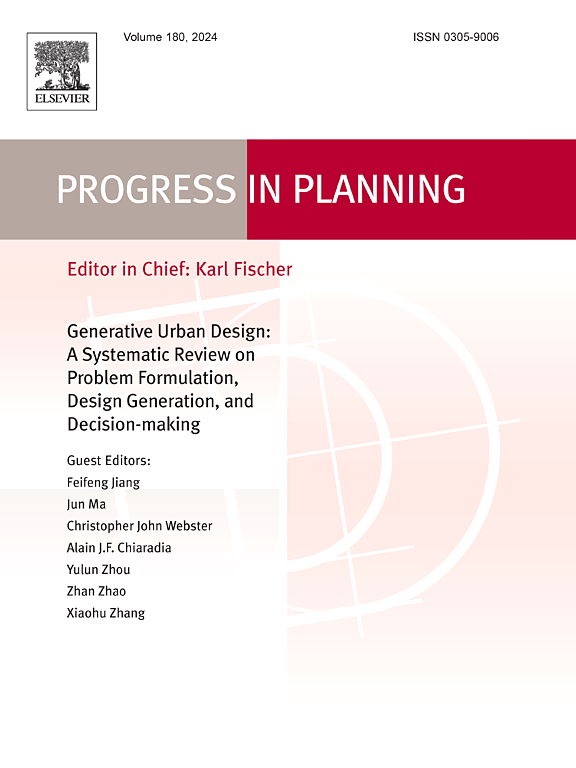分散城市的能源基础设施
IF 5.7
1区 经济学
Q1 ENVIRONMENTAL STUDIES
引用次数: 0
摘要
在关于政治分歧城市的丰富文献中,基础设施很少成为城市争论的媒介。最近只有交通基础设施值得关注。本文对柏林、耶路撒冷和尼科西亚三个标志性分裂城市的能源基础设施作为分离、控制和合作的工具进行了深入调查。本文的目的有三个方面:1)确定地缘政治分裂和统一在城市电力(和天然气)供应系统中表现出来的多种方式;2)随着时间的推移,分析服务提供商、政治家和用户对其分裂和统一的能源系统的战略反应;3)利用这些案例,深入了解能源基础设施在政治上有争议的城市中作为分离、控制和合作的管道。研究方法在社会物质(探索基础设施的政治和代理),关系(欣赏城市和基础设施的共同塑造)和历史(涵盖75年来对分裂和统一的转变反应)方面是独特的。这项长期分析的结果挑战了分离、控制和协作之间的简单区分。相反,他们指出了这三种策略在任何时间和地点的共存甚至混合,以及理想类型所面临的限制,正如我们所说的“诱惑性分离”,“约束控制”和“有条件的合作”。这篇论文强调,需要把目光放在城市之外和城市内部,以理解在分裂的城市中围绕能源的有争议的地理位置。它还突显了基础设施在动荡的城市环境中政治化的不确定性,这与人们普遍认为的基础设施是稳定堡垒的形象相左。本文章由计算机程序翻译,如有差异,请以英文原文为准。
Energy infrastructures in divided cities
Within the rich literature on politically divided cities, infrastructure has rarely featured as a medium of urban contestation. Only transportation infrastructure has merited attention of late. This paper presents an in-depth investigation of energy infrastructures as instruments of separation, control and collaboration in three iconic divided cities: Berlin, Jerusalem and Nicosia. The purpose of the paper is threefold: 1) to identify the multiple ways in which geopolitical division and unification have manifested themselves in the cities’ electricity (and gas) supply systems; 2) to analyse the strategic responses of service providers, politicians and users to their divided and united energy systems over time and 3) to use the cases to generate insight into energy infrastructures as conduits of separation, control and collaboration in politically contested cities. The research approach is distinctive for being socio-material (exploring the politics and agency of infrastructures), relational (appreciating the co-shaping of cities and infrastructures) and historical (covering 75 years of shifting responses to division and unification). The findings from this long-term analysis challenge simplistic distinctions between separation, control and collaboration. They point, rather, to the co-existence and even hybridisation of these three strategies at any one time and place, as well as to the limitations facing ideal types, as expressed in our terminology ‘seductive separation’, ‘constrained control’ and ‘conditional collaboration’. The paper emphasises the need to see beyond and within a city to comprehend the contested geographies around energy in divided cities. It also highlights the politicised indeterminacy of infrastructures in volatile urban environments, countering popular images of them as bulwarks of stability.
求助全文
通过发布文献求助,成功后即可免费获取论文全文。
去求助
来源期刊

Progress in Planning
Multiple-
CiteScore
10.70
自引率
1.60%
发文量
26
审稿时长
34 days
期刊介绍:
Progress in Planning is a multidisciplinary journal of research monographs offering a convenient and rapid outlet for extended papers in the field of spatial and environmental planning. Each issue comprises a single monograph of between 25,000 and 35,000 words. The journal is fully peer reviewed, has a global readership, and has been in publication since 1972.
 求助内容:
求助内容: 应助结果提醒方式:
应助结果提醒方式:


